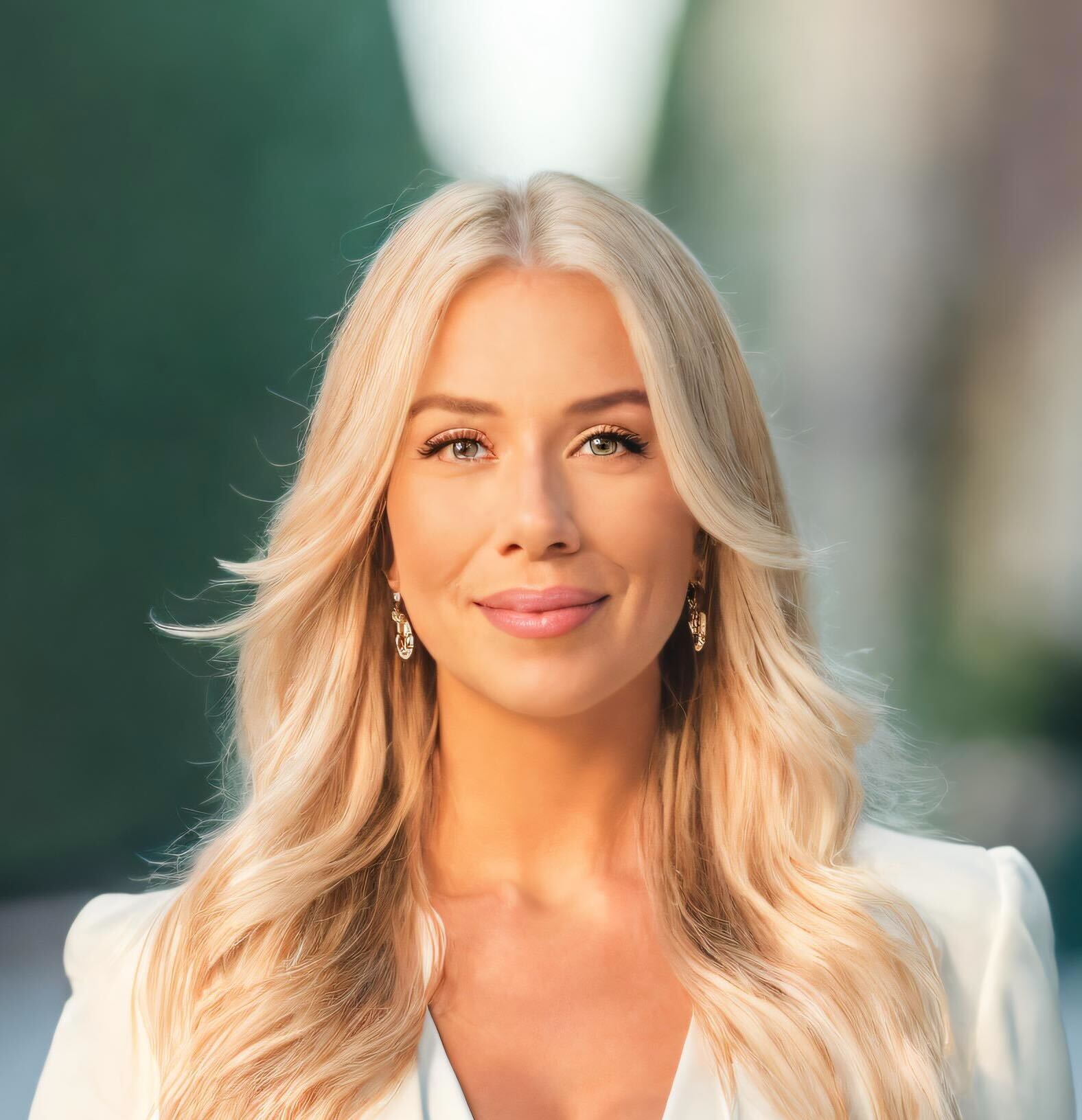Testimony Before the Tennessee Senate Finance, Ways and Means Committee in Support of SB 111
Tim Benson, Senior Policy Analyst
Heartland Impact
April 22, 2024
Chairman Watson, and Members of the Committee,
Thank you for holding a hearing on SB 111, legislation intended to help citizens of the Volunteer State challenge Big Tech when it comes to their rights to political and religious free speech. My name is Tim Benson, and I am the Senior Policy Analyst at Heartland Impact.
Heartland Impact is the advocacy and outreach arm of the Heartland Institute. Both are independent, national, nonprofit organizations working to discover, develop, and promote free-market solutions to social and economic problems. Heartland Impact specializes on providing state lawmakers the policy and advocacy resources to advance free-market policies towards broad-based economic prosperity.
The emergence of social media has elevated political dialogue and discourse to a breadth nearly unimaginable a decade ago. When originally developed, these emerging technologies and mediums made the democratization of free speech possible.
However, this mass communication network is managed by a handful of large tech firms that are protected from liability and functionally operate as monopolies. The consolidation of public discourse control amongst these firms has now effectively muted the speech of millions of Americans. Though it has empowered people across the political spectrum, it has also galvanized those who seek to divide, misinform, and manipulate the public.
According to the Pew Research Center, roughly three-quarters of U.S. adults believe it is likely social media sites intentionally censor opinions and viewpoints that do not fall in line with Big Tech’s preferred ideology and political positions. This belief was corroborated with the release of the Twitter Files which showed us that these social media companies were more than happy to get into bed and coordinate with the government to promote certain agendas and narrates.
The policy solution in SB 111 mirrors Texas’s HB 20, which classifies social media companies as common carrier and allows citizens a private cause of action against social media companies for viewpoint discrimination.
SB 111 is key to ensuring first amendment protections for Tennesseans in the modern[1]day town square and is especially timely as Texas’s HB 20 awaits its fate after Supreme Court oral arguments on February 26, 2024. Overall, the Supreme Court’s involvement makes a very strong case for the import and constitutionally of legislation such as this. After all, Justice Clarence Thomas has previously indicated that he expects some form of common carriage regulation may be the path forward for social media, much in the way SB 111 proscribes.
Big Tech has long been insulated from liability because they claim to be mere platforms. Yet, these platforms operate in an admitted editorial capacity. SB 111 will lift their liability shield, making them accountable to Tennesseans who have been unfairly de[1]platformed.
SB 111 should also continue a state-based and national debate on the role of Big Tech in our civic discourse. Allowing citizens to present a case against social media companies after being deplatformed for viewpoint discrimination, is a tool policymakers need to give the citizens of Tennessee. This will ensure Tennesseans know that their public debate is sacrosanct. Any action or lack thereof to maintain a vigorous debate will be met with hard questions, and—if necessary—repercussions.
As SB 111 continues to move through the legislative process, I implore the members of the committee to consider the clear solutions this bill would create. It would protect all citizens of the Volunteer State from undue censorship by Big Tech ideologues who wield near-total power over the dissemination of information in today’s social media-dominated environment. More speech, not less speech, is always better in a free society. Thank you for your time.
Heartland Impact can send an expert to your state to testify or brief your caucus; host an event in your state; or send you further information on a topic. Please don’t hesitate to contact us if we can be of assistance! If you have any questions or comments, contact Cameron Sholty, at csholty@heartlandimpact.org or 312/377- 4000.



